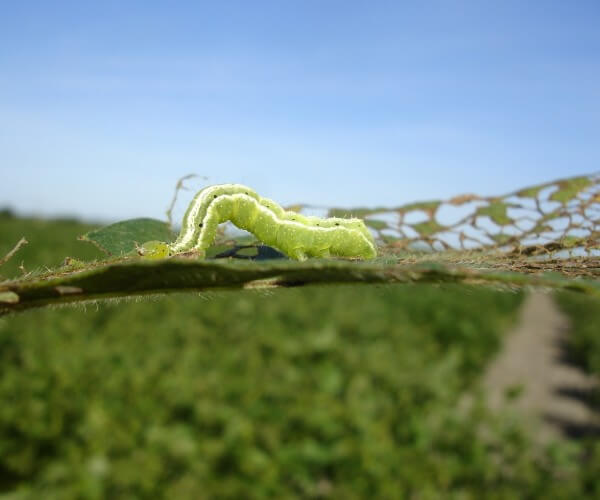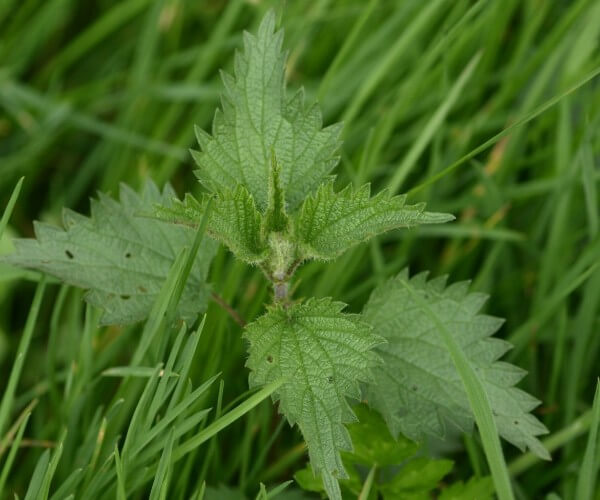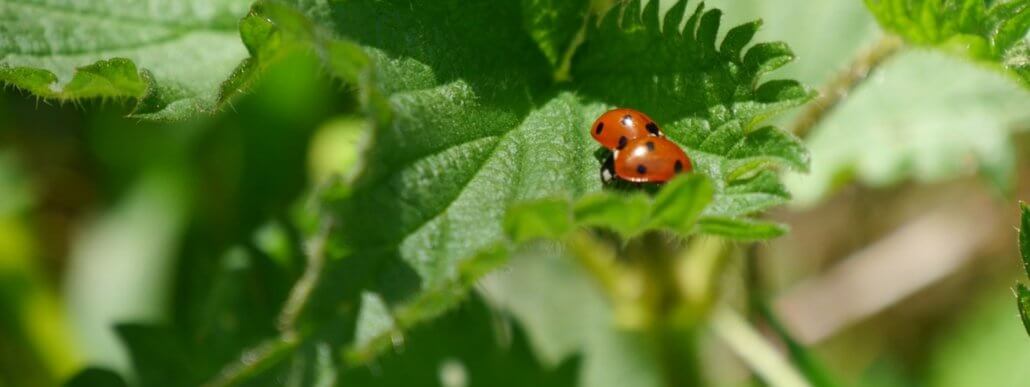“Mother Nature is sending you a message when there are diseases and pests in plants. You will reap the benefits when you fix the problem” – Elaine Ingham
Nature’s principles
I am busy reading Masanobu Fukuoka’s book titled “The One-Straw Revolution”. I was captured by his view of nature and sustainability. He emphasizes that for farming to work sustainably for us, we need to limit human intervention to as little as possible. Basically, we need to leave nature to work. He describes this as “do nothing farming”. I couldn’t help but think of all the chemicals we apply to the soil. They are supposedly meant to solve the problems we identify in the soil; however, Dr. Elaine Ingham says that the presence of these problems is the soils cry for help. In fact, she goes on to say that the application of pesticides is no different to consistently drinking a painkiller in order to get rid of a recurring headache.
The problem is that we are dealing with the symptoms and not the actual cause.

Worm larvae feeding on the crop leaf
You might be suffering from migraines due to a tumour. When left untreated, and rather managed by painkillers; these painkillers will eventually stop working as the tumour keeps growing, because the root cause was never dealt with. The same applies to the soil. When we have pest problems (for example insects and weeds), Mother Nature is trying to tell us that something is terribly wrong here. You need to fix the problem.
If all you do is mask the symptoms, you will end up paying more and more money on chemicals as the actual problem worsens. Masking your soil problems and not listening to the signals that Mother Nature sends (Listen to your weeds) will only cause the health of your soil to deteriorate, even getting to a point where it may become unproductive and unresponsive to chemical treatment.

Stinging nettle weed common in pastures
This is why each field needs its own management strategy based on a prognosis through soil analysis in a laboratory.
There is no blanket approach to soil health
Often farmers treat the farm as a whole and that is completely wrong. Fields within a few meters from each other can have completely different characteristics, especially with regards to soil biology. That is why blanket management is not a good idea.
Trace and Save soil health assessment minimizes the blanket approach by zooming in on each field, analyzing the biology, chemistry and structural components of that field. Any recommendation to fix a problem in the field must take into account the biological component of that field in order not to mess up the food chain in the soil.
I have mentioned earlier that the problems encountered in the soil are due to chemicals which we apply to them. We failed to take into account the effects that these chemicals will have in the biology of the soil which is primarily responsible for controlling the diseases and unwanted pests. Weaker soil biology opens room for a plant to be left without defense within its root system.
Read more on this blog :Plants, the root of your profit
Increased or maintained yield is not the only benefit
When the problems are fixed, of course, you optimize on yield, however, I don’t like to focus on that because I feel the yield optimization is the icing on the cake. You’ll get it, but the things that you will benefit from significantly are reduced cost of herbicides, pesticides and insecticides, reduced cost of fertilizer, and reduced costs associated with water use (irrigation) on the farm. By regenerating the biology in the soil your farm will benefit tremendously.
- The management of soils with excessive sodium and magnesium levels - 2023-06-12
- Understanding evapotranspiration better - 2021-10-18
- Soil fungi connections - 2021-09-28

